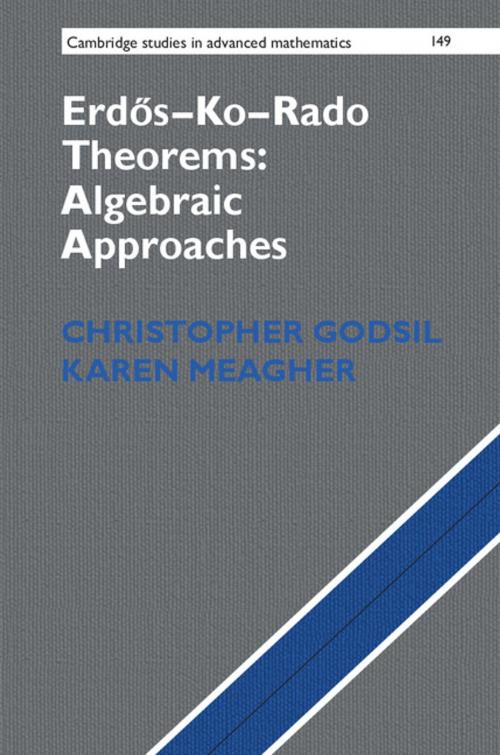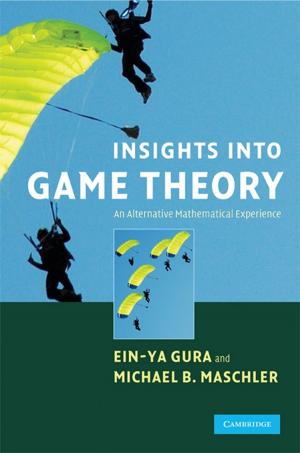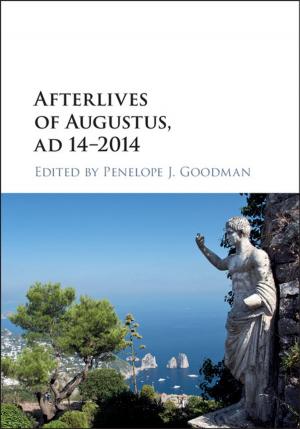Erdős–Ko–Rado Theorems: Algebraic Approaches
Nonfiction, Science & Nature, Mathematics, Discrete Mathematics, Algebra| Author: | Christopher Godsil, Karen Meagher | ISBN: | 9781316461549 |
| Publisher: | Cambridge University Press | Publication: | November 24, 2015 |
| Imprint: | Cambridge University Press | Language: | English |
| Author: | Christopher Godsil, Karen Meagher |
| ISBN: | 9781316461549 |
| Publisher: | Cambridge University Press |
| Publication: | November 24, 2015 |
| Imprint: | Cambridge University Press |
| Language: | English |
Aimed at graduate students and researchers, this fascinating text provides a comprehensive study of the Erdős–Ko–Rado Theorem, with a focus on algebraic methods. The authors begin by discussing well-known proofs of the EKR bound for intersecting families. The natural generalization of the EKR Theorem holds for many different objects that have a notion of intersection, and the bulk of this book focuses on algebraic proofs that can be applied to these different objects. The authors introduce tools commonly used in algebraic graph theory and show how these can be used to prove versions of the EKR Theorem. Topics include association schemes, strongly regular graphs, the Johnson scheme, the Hamming scheme and the Grassmann scheme. Readers can expand their understanding at every step with the 170 end-of-chapter exercises. The final chapter discusses in detail 15 open problems, each of which would make an interesting research project.
Aimed at graduate students and researchers, this fascinating text provides a comprehensive study of the Erdős–Ko–Rado Theorem, with a focus on algebraic methods. The authors begin by discussing well-known proofs of the EKR bound for intersecting families. The natural generalization of the EKR Theorem holds for many different objects that have a notion of intersection, and the bulk of this book focuses on algebraic proofs that can be applied to these different objects. The authors introduce tools commonly used in algebraic graph theory and show how these can be used to prove versions of the EKR Theorem. Topics include association schemes, strongly regular graphs, the Johnson scheme, the Hamming scheme and the Grassmann scheme. Readers can expand their understanding at every step with the 170 end-of-chapter exercises. The final chapter discusses in detail 15 open problems, each of which would make an interesting research project.















